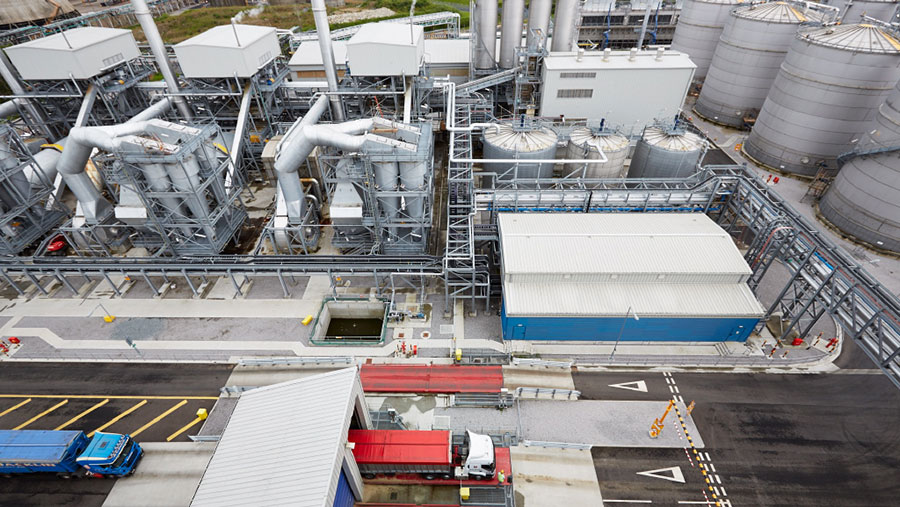Vivergo closure deals bitter blow to northern arable sector
 © Vivergo Fuels
© Vivergo Fuels Northern arable farmers have lost a key customer for feed wheat after Vivergo Fuels announced it was ceasing production of bioethanol for good at the end of the month.
The move comes just four months since the 11-year-old plant reopened after a prolonged winter closure on the back of weak ethanol prices and a lack of direction on government energy policy.
UK producers grow around 15m tonnes of wheat on average and Hull-based Vivergo purchased 1.1m tonnes a year from 900 farms across east and north Yorkshire and northern Lincolnshire.
See also: Hull bioethanol plant reopens after four-month shutdown
The high domestic and international price of wheat will have been a further blow to the company, with global droughts and weak sterling meaning little prospect of the company importing cheaper grain from overseas.
The plant’s shutdown will also mean a reduced supply of valuable dried distillers grains and other co-products for the livestock sector.
Nearby rival bioethanol company Ensus has the capacity to switch to alternative feed sources but Vivergo does not.
Mark Chesworth, managing director, Vivergo Fuels, commented:
“I am extremely disappointed at having to announce the proposed cessation of production as of 30 September 2018 at the Vivergo Fuels plant.
We have created a highly skilled and world-class business that had the opportunity to be part of a British sustainable biofuels industry. But sadly, the government’s lack of pace over the past decade to introduce E10 has further undermined our ability to operate.”
